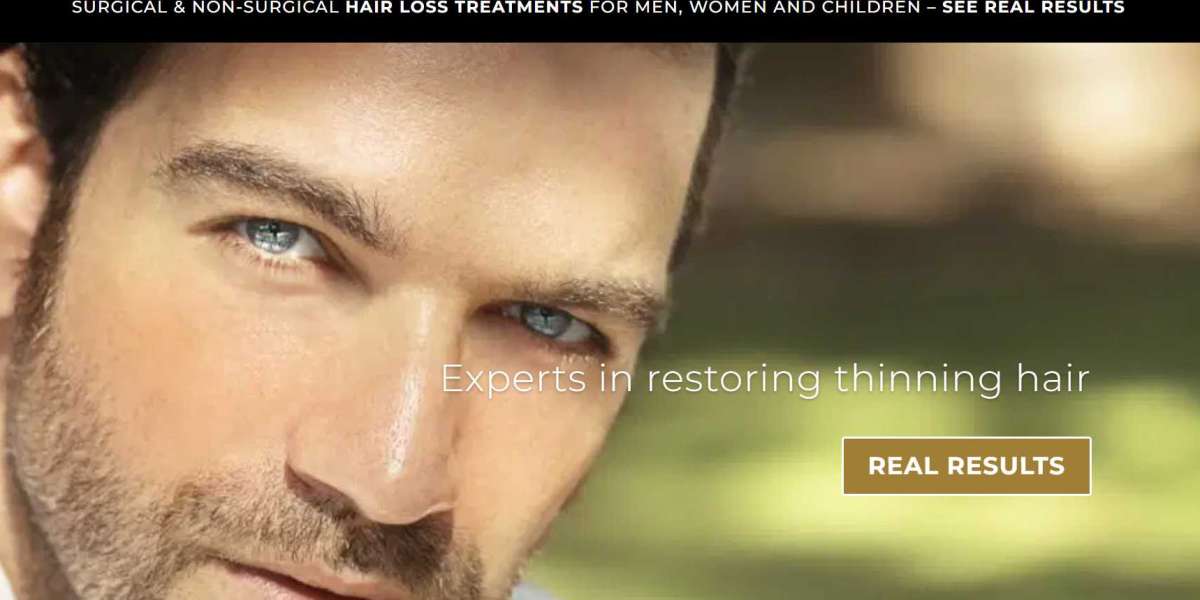For many women, menopause is a time of significant transition, marked by a variety of physical and emotional changes. One of the most common, yet often least discussed, symptoms is hair loss. Watching your hair thin or fall out during this time can be distressing, impacting self-esteem and adding to the emotional burden of this life stage. However, it's crucial to know you are not alone, and more importantly, this change is both understandable and treatable.
This guide explores the connection between female hair loss and menopause, offering clarity, compassion, and a path forward.
The Hormonal Shift: Why Menopause Affects Your Hair
Hair growth operates on a cycle, and hormones are the primary conductors of this process. During perimenopause and menopause, the body undergoes a dramatic shift in key hormones:
Estrogen and Progesterone: Levels of these "hair-friendly" hormones decline. They are known to promote hair growth and keep hair in its growing (anagen) phase for longer.
Androgens: While these "male hormones" are present in women, their influence can become more pronounced as estrogen levels drop. Androgens can miniaturize hair follicles, leading to finer, shorter, and more fragile hair.
This hormonal imbalance is the primary driver of menopausal hair thinning, a condition known as androgenetic alopecia or female pattern hair loss.
What Does Menopausal Hair Loss Look Like?
Unlike male pattern baldness, hair loss in women typically presents as diffuse thinning. You might notice:
A gradually widening part.
Less volume overall, making your ponytail feel thinner.
Hair that seems to shed more during washing or brushing.
Hair that feels finer and more brittle, growing more slowly than before.
Beyond Hormones: Contributing Factors
While hormones are the main culprit, other factors common during midlife can exacerbate the problem:
Stress: The physical and emotional stress of life changes can trigger a condition called telogen effluvium, causing widespread shedding.
Nutritional Deficiencies: Changes in diet or absorption can lead to deficiencies in iron, vitamin D, and B vitamins, all essential for healthy hair.
Thyroid Imbalance: Thyroid disorders are more common in women and can directly cause hair loss.
Taking Back Control: Effective Management and Treatment
The good news is that you do not have to accept hair loss as an inevitable part of aging. Several effective strategies can help manage and even reverse thinning:
1. Medical Consultation is Key
The first and most important step is to see a doctor or a trichologist. They can:
Confirm that menopause is the primary cause.
Rule out other medical issues, like thyroid problems or anemia.
Recommend blood tests to check for nutritional deficiencies.
2. Targeted Topical Treatments
Minoxidil (Rogaine): An over-the-counter topical treatment that is FDA-approved for female pattern hair loss. It can help stimulate hair growth and slow down thinning.
3. Hormone Support
Hormone Replacement Therapy (HRT): For some women, HRT can help rebalance hormone levels, which may improve hair growth as a beneficial side effect. This is a decision to be made carefully with your doctor, weighing all the risks and benefits.
4. Advanced Clinical Treatments
Platelet-Rich Plasma (PRP) Therapy: This natural, non-surgical treatment involves injecting a concentration of your own growth factors into the scalp. It can effectively stimulate dormant follicles and promote thicker, healthier hair growth.
Low-Level Laser Therapy (LLLT): Devices like laser caps or combs use light energy to increase blood flow to the scalp and stimulate cellular activity in the follicles.
5. Nutritional and Lifestyle Support
A Balanced Diet: Ensure adequate intake of protein, iron, zinc, and vitamins.
Stress Management: Practices like yoga, meditation, and regular exercise can help manage cortisol levels, which can impact hair health.
Gentle Hair Care: Avoid harsh chemical treatments, excessive heat styling, and tight hairstyles that pull on the follicles.
A Note on Compassion and Mindset
It's completely normal to grieve the change in your hair. Be kind to yourself. Seeking help is a sign of strength, not vanity. Connecting with other women going through the same experience can also be a powerful source of support.
Conclusion: Your Journey to Renewed Confidence
Experiencing female hair loss and menopause can feel like a loss of control, but it doesn't have to define this chapter of your life. By understanding the causes and exploring the range of effective solutions—from lifestyle adjustments to advanced clinical treatments—you can take proactive steps toward renewal.
Your journey to reclaiming your hair and your confidence begins with a single, compassionate step: seeking the right help. With the proper support and treatment, you can navigate this change and embrace a future with healthier, fuller hair and renewed self-assurance.



